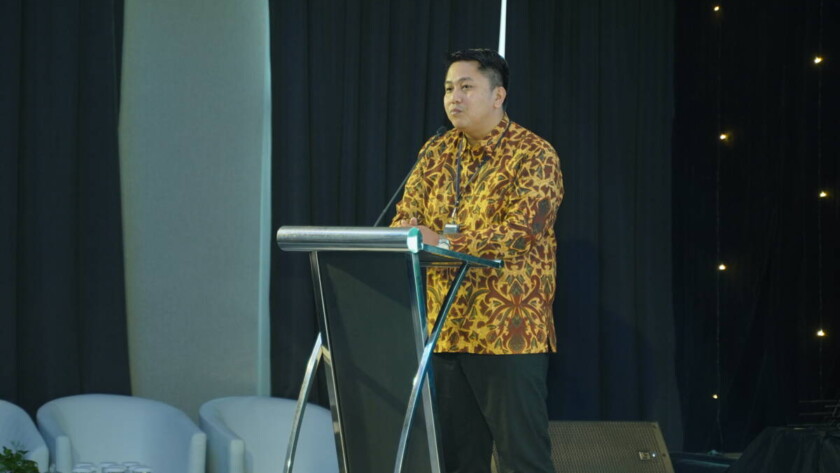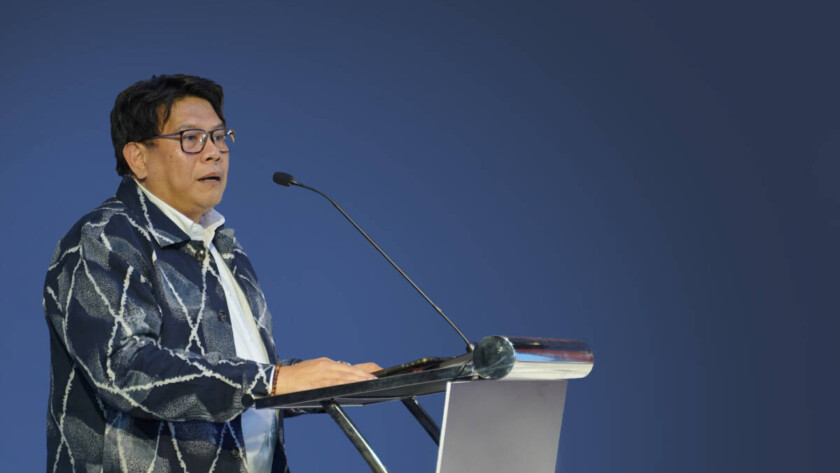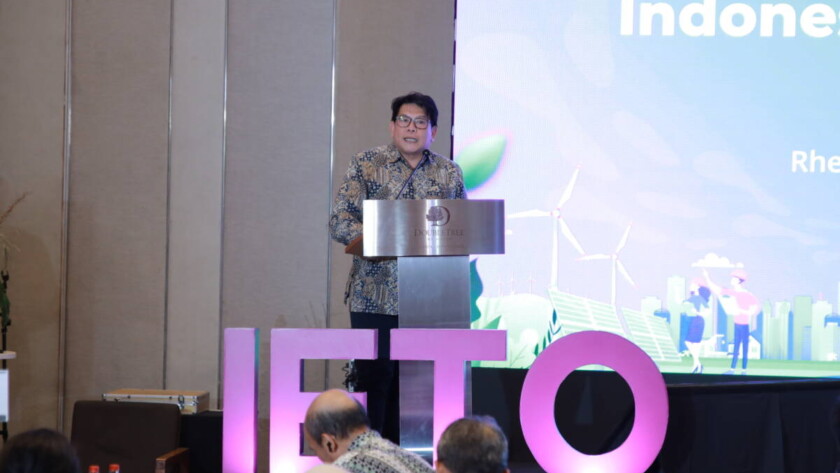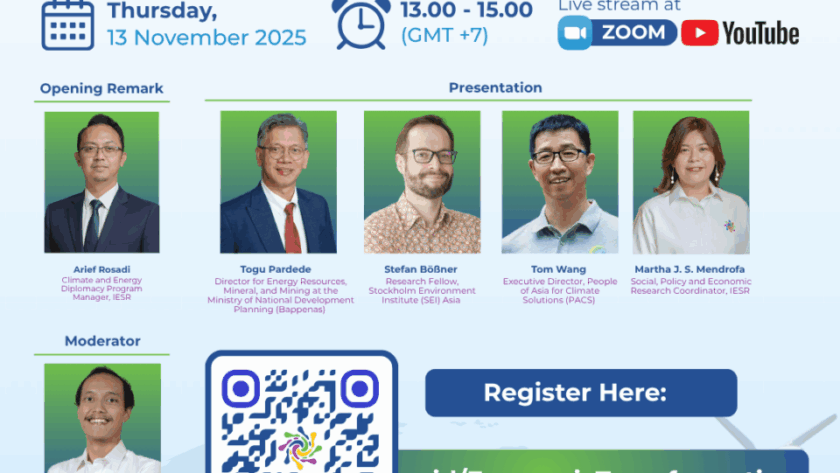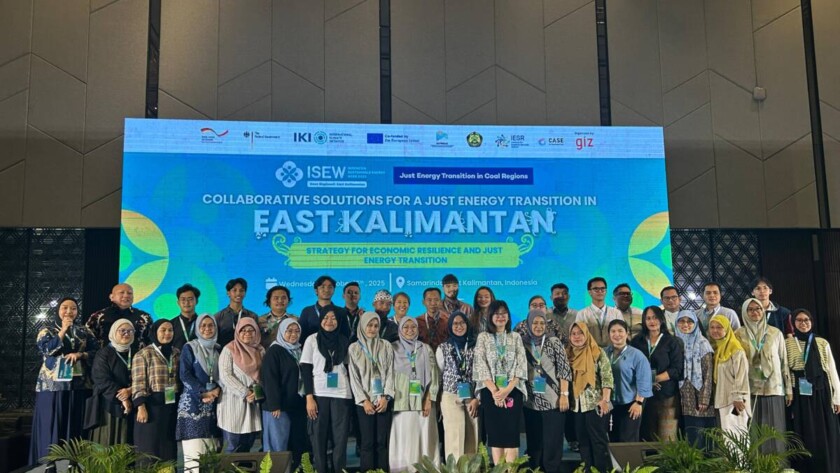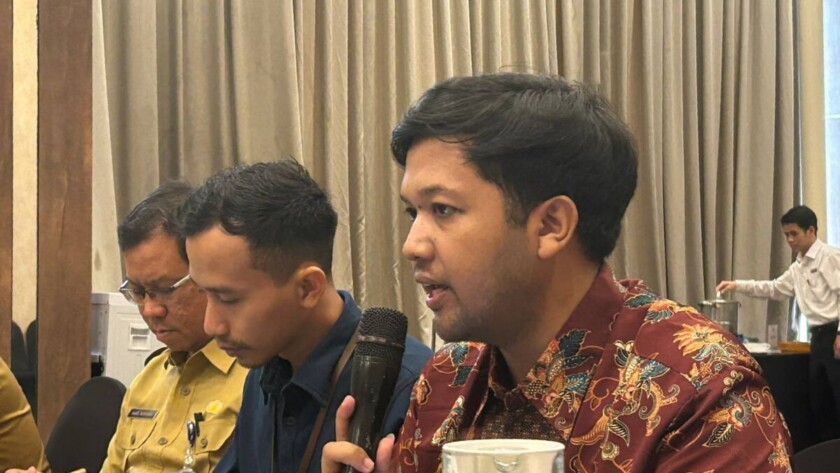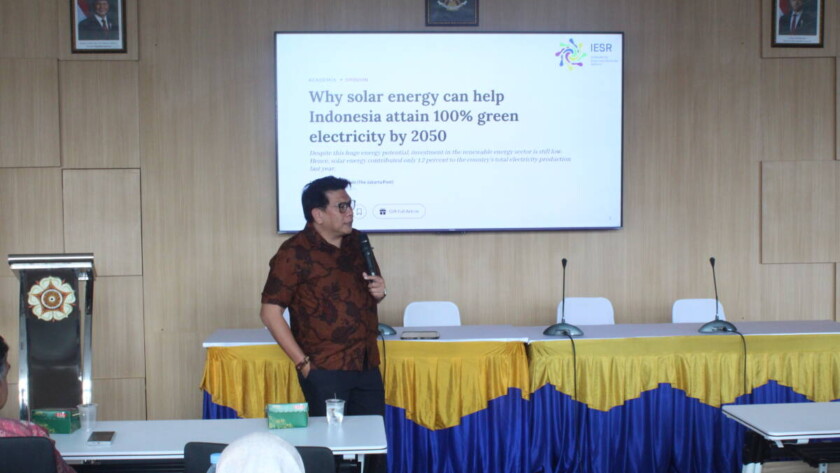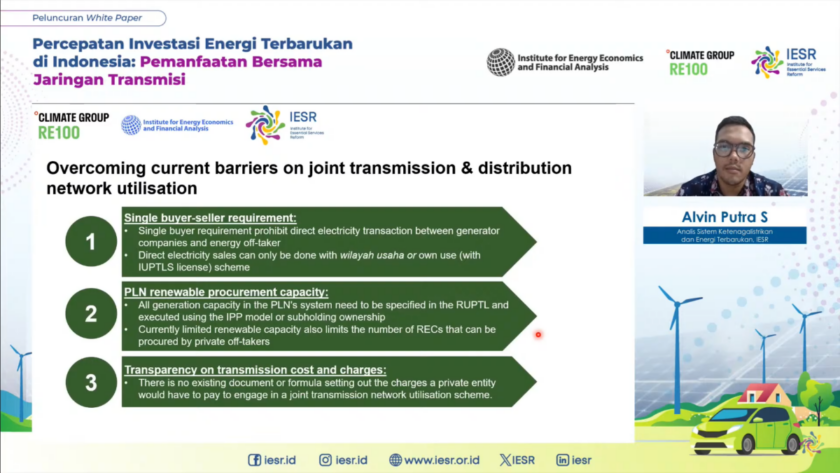Jakarta, December 5, 2025 - The Institute for Essential Services Reform (IESR) notes that the world is rapidly shifting toward a low-emission economic system. In 2025, global investment in renewable energy, electricity grids, and batteries reached USD 2.2 trillion, double the amount invested in fossil fuels. Beginning January 2026, the European Union will also enforce…
